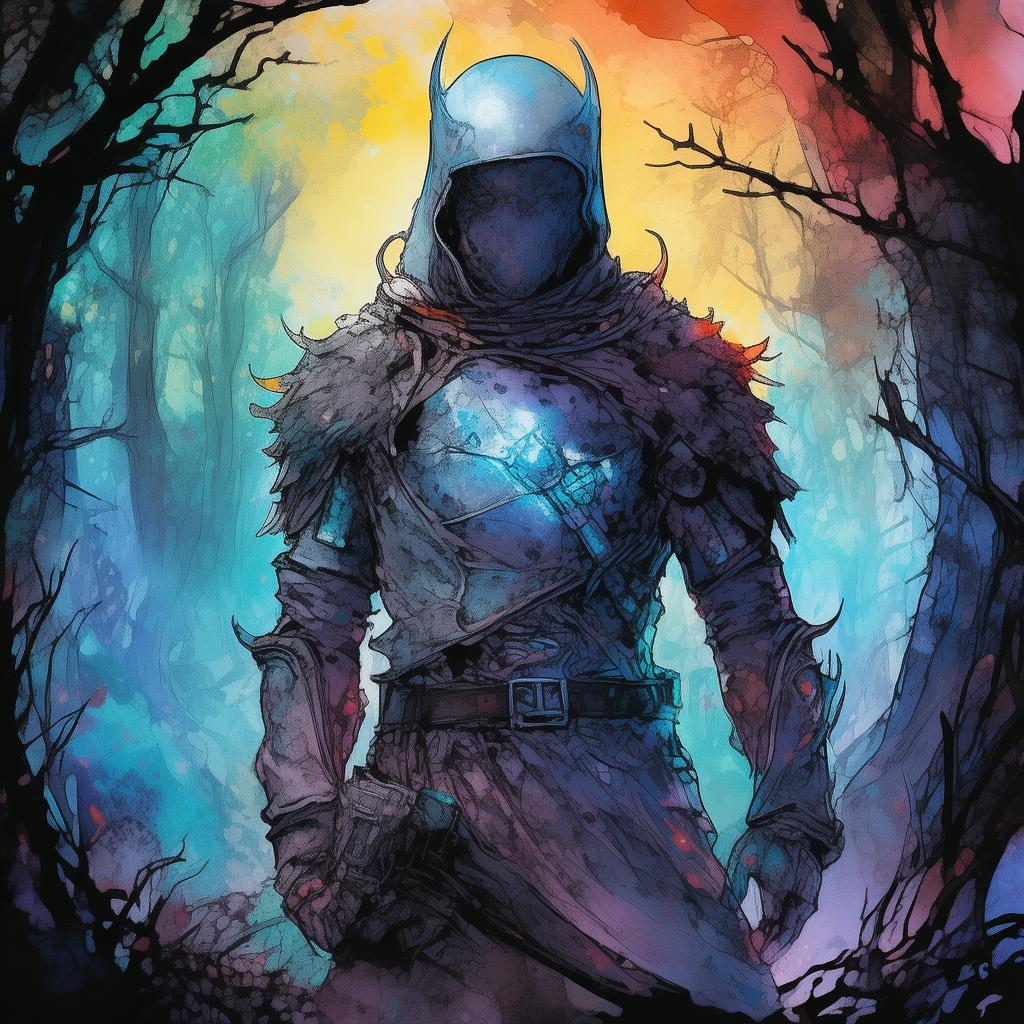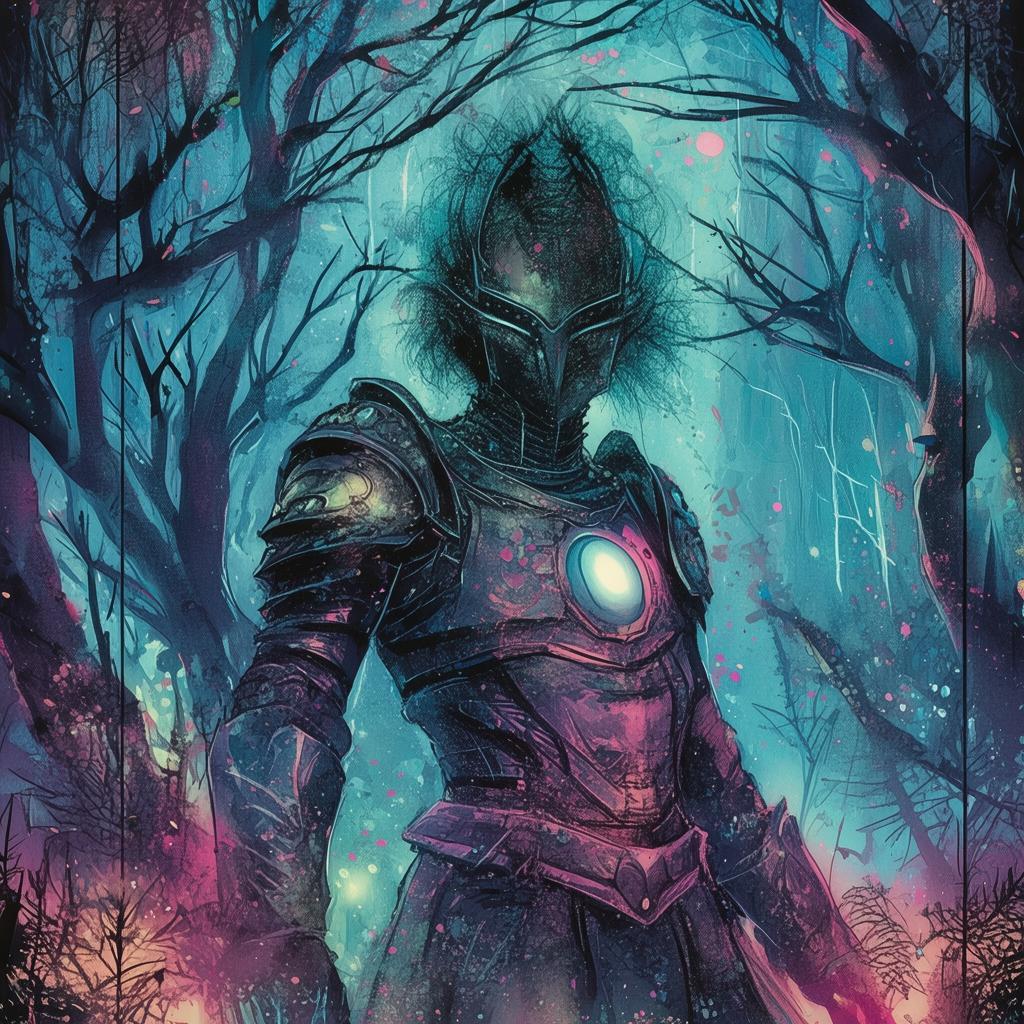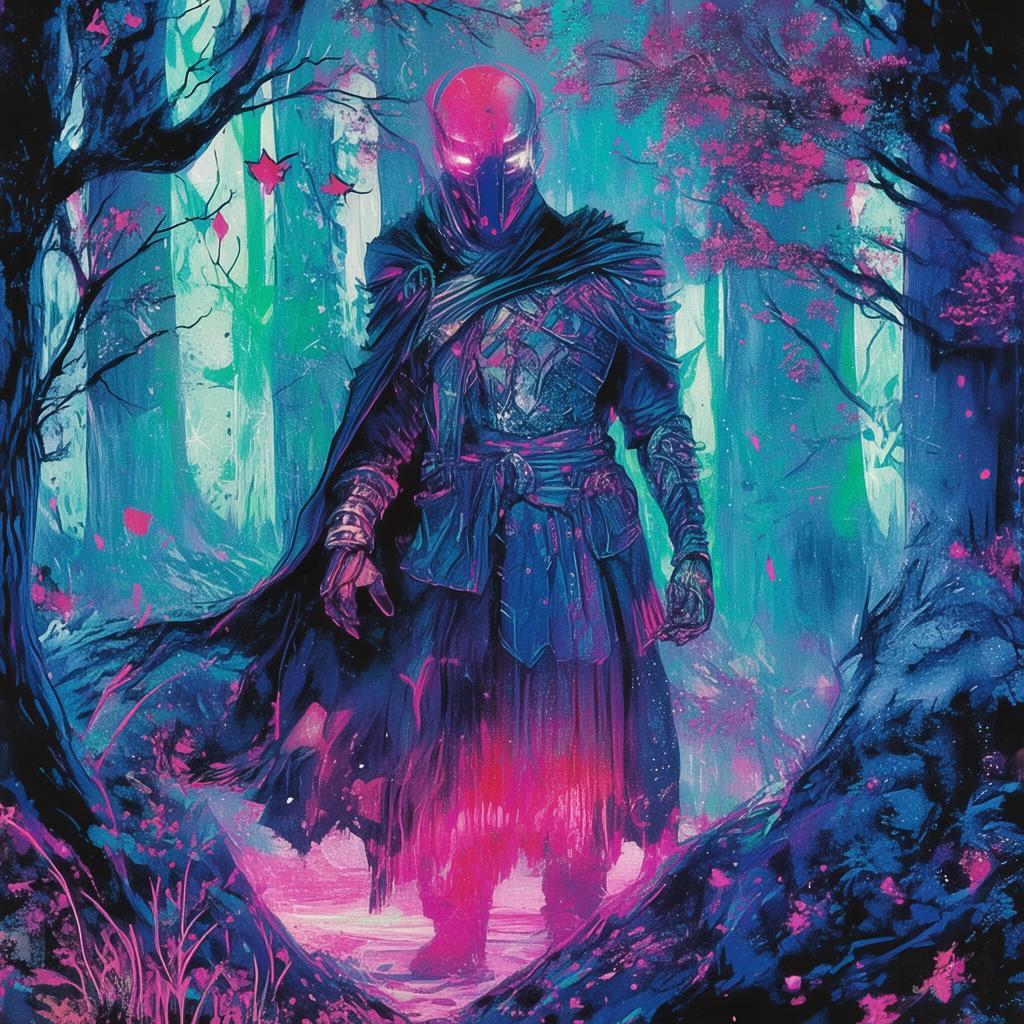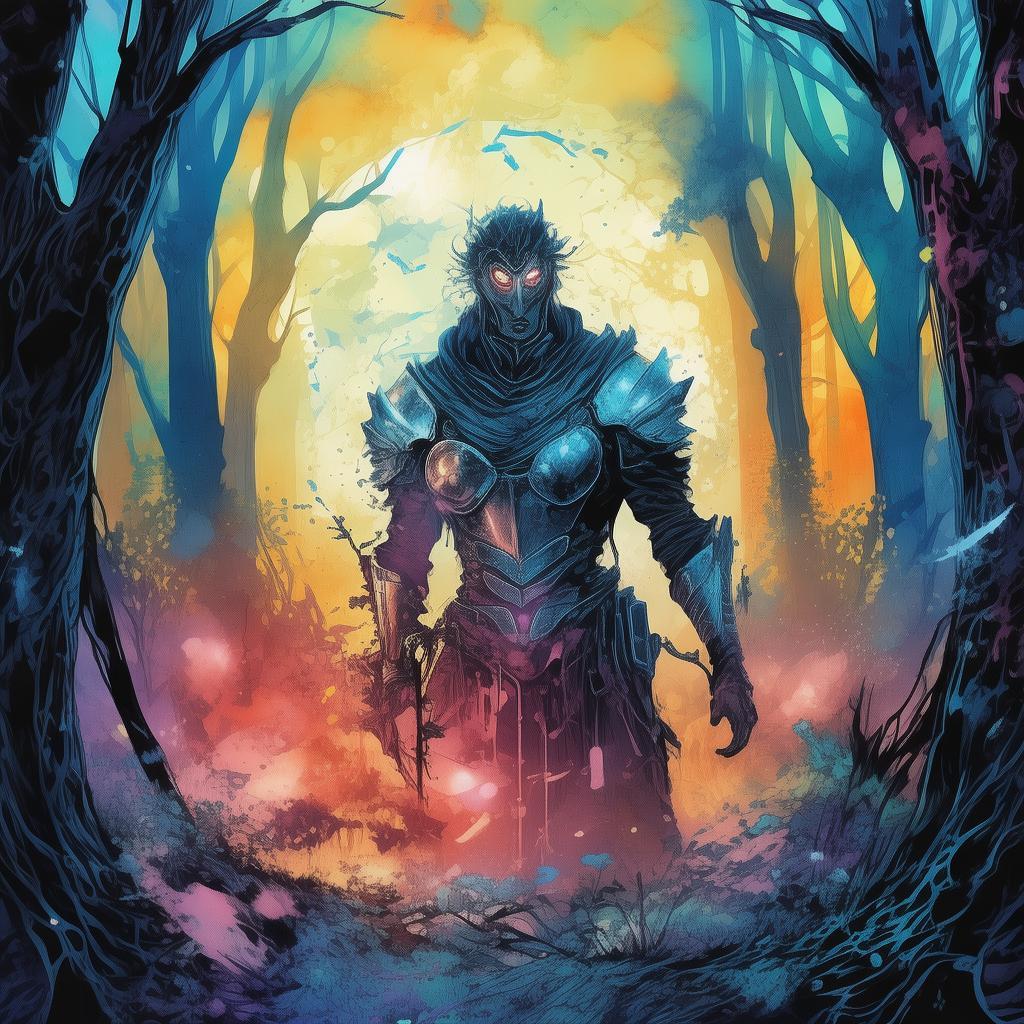The Last Move: The Philosopher's Pawn
In the heart of ancient China, where the mountains whispered secrets and the rivers sang stories of old, there lived a young scholar named Lin. His name was known throughout the kingdom for his brilliance, yet he yearned for something beyond the pages of his books. It was during the annual festival of the Tai Zhu, a day when scholars and sages gathered to share their wisdom, that Lin's quest began.
The festival was in full swing when Lin's eyes caught sight of an old man, his hair silvered with the wisdom of ages, perched on a weathered stone bench, his fingers dancing over a small, ornate chessboard. The board was unlike any Lin had ever seen, its pieces intricately carved, each one holding a different symbol of the cosmos. The old man was playing against himself, and Lin was mesmerized by the fluidity of his moves.
After the festival, Lin sought out the old man, who introduced himself as Master Wei, a keeper of ancient knowledge. Master Wei noticed Lin's curiosity and offered him a chance to learn the game that had captivated him: Tai Zhu Gong, the game of life.
The game, as Master Wei explained, was not just a pastime but a mirror to the world, a reflection of the human condition. Each piece represented a part of life, and the moves themselves held profound meanings. The game was not won by checkmating the opponent but by understanding the balance of the board, the harmony of the pieces.
Lin was fascinated and accepted Master Wei's tutelage. Over the next few months, he became engrossed in the game, spending every spare moment learning its secrets. Master Wei often spoke of the "Philosopher's Pawn," a special piece that, when played correctly, could change the outcome of the game and thus the course of a person's life.
One evening, as the moon hung low and the stars twinkled above, Lin played what he believed was his most masterful move. With a deep breath, he moved the pawn to the center of the board. To his surprise, the old man's eyes widened, and he said, "That is the move of the Philosopher's Pawn. You have entered the realm of the game's true purpose."

As days turned into weeks, Lin's life began to change. His understanding of the world around him deepened, and he began to see the connections between the moves of the game and the decisions he made. He realized that the game was a metaphor for life itself, and that every move, every decision, had consequences.
One day, Lin received a message that the kingdom was at war. The neighboring kingdom, driven by ambition and greed, had launched an attack. The king, Lin's father, was leading the defense, but the odds were stacked against them.
Lin knew that the game had shown him the path to peace, but the cost of his move was immense. He could not turn his back on his kingdom, but he could not ignore the lessons he had learned. In a moment of clarity, Lin understood that the true power of the Philosopher's Pawn was not in winning the game, but in understanding the game itself.
He traveled to the battlefield, armed not with weapons but with the wisdom of the game. He spoke with his father, the king, and the leaders of the neighboring kingdom. Through dialogue and the power of his words, Lin managed to negotiate a truce, saving countless lives and preserving the peace of the land.
The old man, Master Wei, had known all along. As Lin returned to the kingdom, he found the old man waiting for him. "You have played the Philosopher's Pawn well," Master Wei said. "You have balanced the board and found harmony."
Lin's story spread throughout the kingdom, and he became a symbol of peace and wisdom. The game of Tai Zhu Gong, the game of life, had not only changed his own destiny but had also brought harmony to the world.
Years passed, and Lin's legacy lived on. The kingdom flourished, and the game of Tai Zhu Gong became a tradition, passed down from generation to generation, a reminder that the true power of life lies not in the outcome of any game, but in the wisdom and understanding that guide each move we make.
✨ Original Statement ✨
All articles published on this website (including but not limited to text, images, videos, and other content) are original or authorized for reposting and are protected by relevant laws. Without the explicit written permission of this website, no individual or organization may copy, modify, repost, or use the content for commercial purposes.
If you need to quote or cooperate, please contact this site for authorization. We reserve the right to pursue legal responsibility for any unauthorized use.
Hereby declared.









